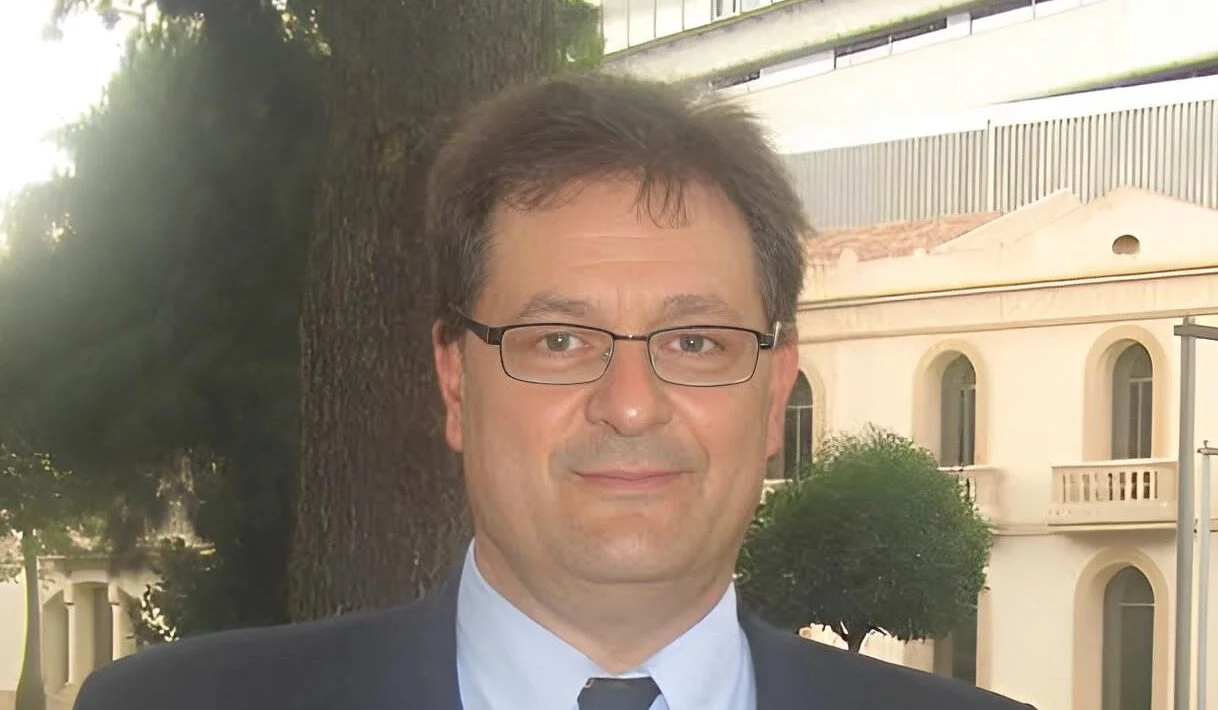Miguel Bronchud, Co-Founder and Advisory Board at Regenerative Medicine Solutions, shared a post on LinkedIn:
“CAR-T long term toxicities?
The success of chimeric antigen receptor (CAR) T-cell therapy in adult patients with hematologic malignancies has resulted in a large number of long-term survivors who may experience late complications distinct from those in the early CAR T-cell treatment period.
These late complications, defined as occurring more than 90 days after CAR T-cell infusion, include cytopenias, infections, secondary malignancies, and delayed neurotoxicities.
Late cytopenias may be from prolonged recovery after lymphodepleting (LD) chemotherapy or arise anew, raising concerns for recurrent primary disease or a secondary malignancy.
Cytopenias are treated with supportive care, hematopoietic cytokines, and, occasionally, hematopoietic stem cell support. LD chemotherapy profoundly affects B, T, and natural killer cells. CD19 and B-cell maturation antigen are expressed on normal B cells and plasma cells, respectively, and the targeting of these structures by CAR T-cell products can result in prolonged lymphopenias and hypogammaglobulinemia, making infection an ongoing risk.
Late infections are predominantly due to respiratory viruses, reactivation of herpes viruses, and Pneumocystis jirovecii. Patients may require ongoing prophylaxis and immunoglobulin replacement therapy.
Although responses may be blunted, vaccinations are generally recommended for most adult CAR T-cell patients.
Both hematologic and solid secondary malignancies are a known risk of CAR T-cell therapy; retroviruses used to produce CAR T-cell products have resulted in T-cell cancers secondary to insertional oncogenesis.
It is essential to monitor for late complications in adult patients receiving CAR T-cells by using a multidisciplinary approach between referring hematologist oncologists and cell therapy centers to improve the outcomes and quality of life for these patients.
The increasing clinical experience with these therapies has also improved recognition of previously less well-defined toxicities, including movement disorders, immune effector cell-associated haematotoxicity (ICAHT) and immune effector cell-associated haemophagocytic lymphohistiocytosis-like syndrome (IEC-HS), as well as the substantial risk of infection in patients with persistent CAR T cell-induced B cell aplasia and hypogammaglobulinaemia.
A more diverse selection of immunosuppressive and supportive-care pharmacotherapies is now being utilized for toxicity management, yet no universal algorithm for their application exists.
See also ASH-2024 educational sessions and:
Labanieh L, Mackall CL. CAR immune cells: design principles, resistance and the next generation. Nature. 2023;614(7949):635-648. Erratum in: Nature. 2023;619(7968):E26.
Brudno JN, Kochenderfer JN. Current understanding and management of CAR T cell-associated toxicities. Nat Rev Clin Oncol. 2024;21(7):501-.”


